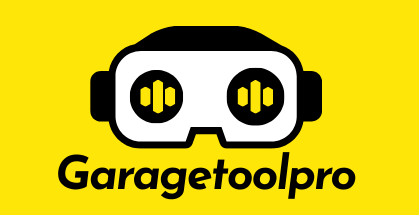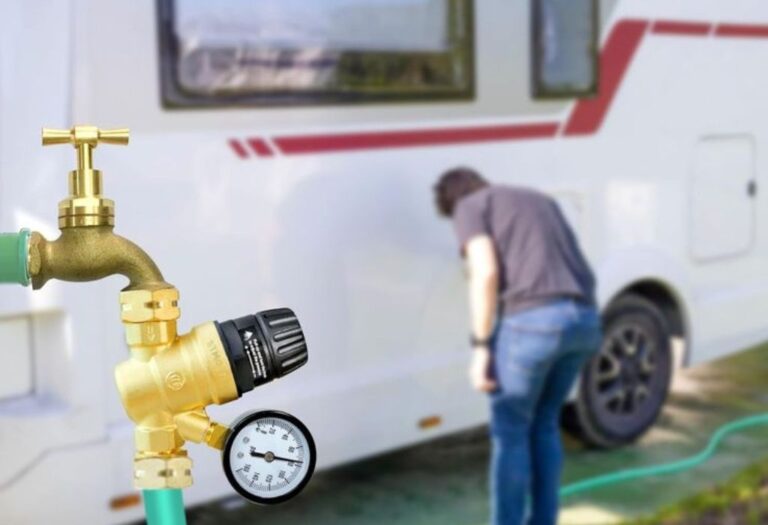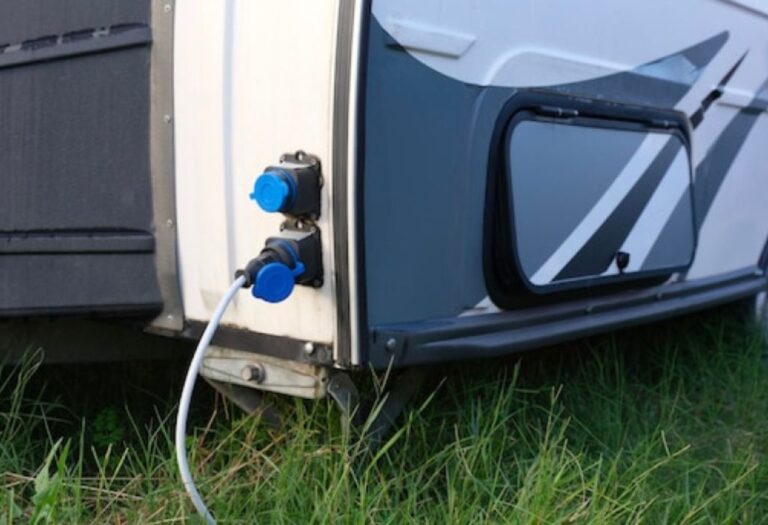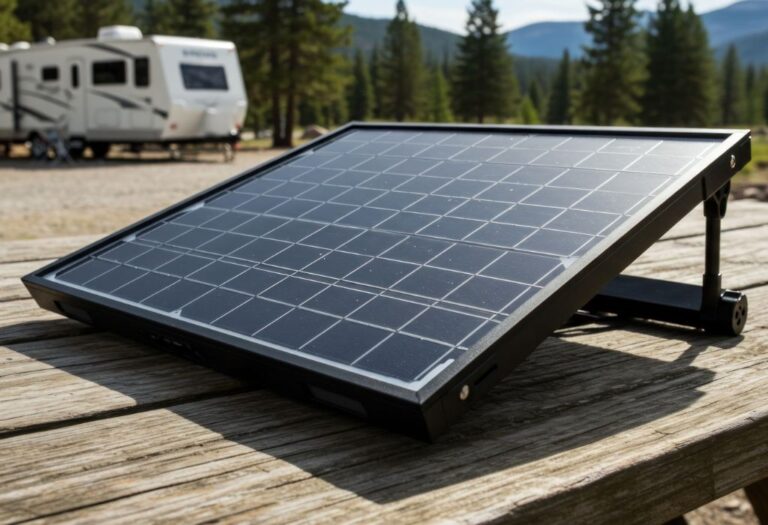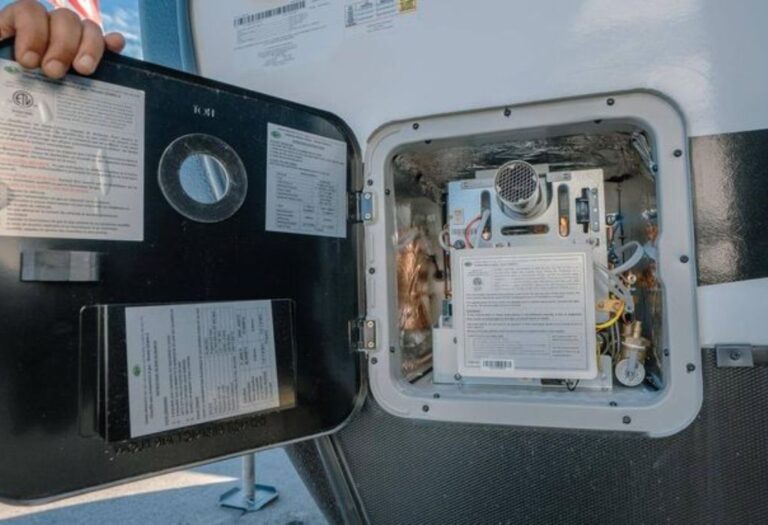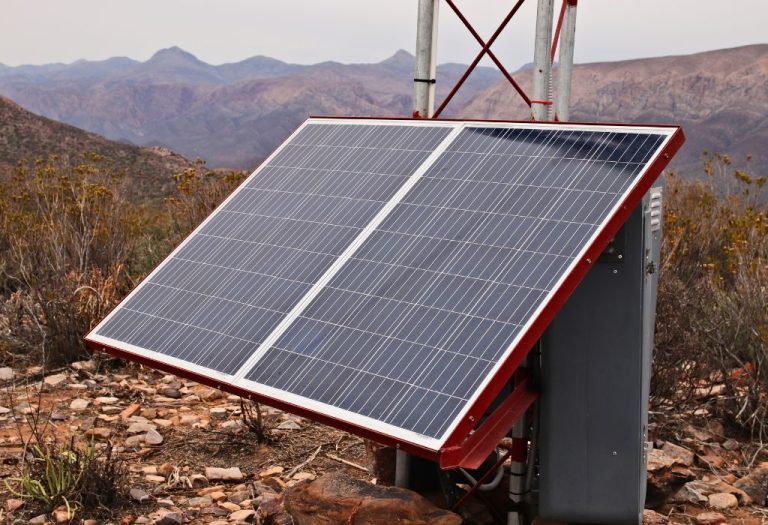Can I Connect Solar Panel Directly to RV Battery? Expert Guide
Many RV owners who dream of traveling off-grid are eager to harness the free power of the sun, but they often hesitate because they are unsure whether solar panels can be connected directly to their RV batteries.
At first glance, the idea of plugging a solar panel straight into a battery seems simple and convenient, yet in practice it can create serious risks for both the electrical system and the long-term health of the battery.
Solar panels produce electricity in fluctuating amounts that depend on the weather, panel size, and sunlight intensity, which means the output is rarely consistent with what an RV battery actually needs.
When a panel delivers more voltage than the battery can handle, the result can be overheating, electrolyte loss, or even permanent internal damage that shortens the battery’s useful lifespan.
Over time, this kind of uncontrolled charging not only reduces battery performance but also increases the chance of fire hazards or complete system failure, which could leave RVers stranded without power.
To solve this, solar charge controllers are widely recommended because they regulate energy flow, prevent overcharging, and ensure that the battery receives the right amount of current in a safe and efficient way.
The importance of safe solar integration has grown as more RVers adopt renewable energy, with the U.S. Department of Energy reporting that RV solar adoption has increased by more than 40% in the past decade.
This article will answer the question “can I connect solar panel directly to RV battery” in detail, explain the risks and safe alternatives, and provide step-by-step guidance for setting up a reliable solar charging system.
Understanding RV Batteries and Solar Panels
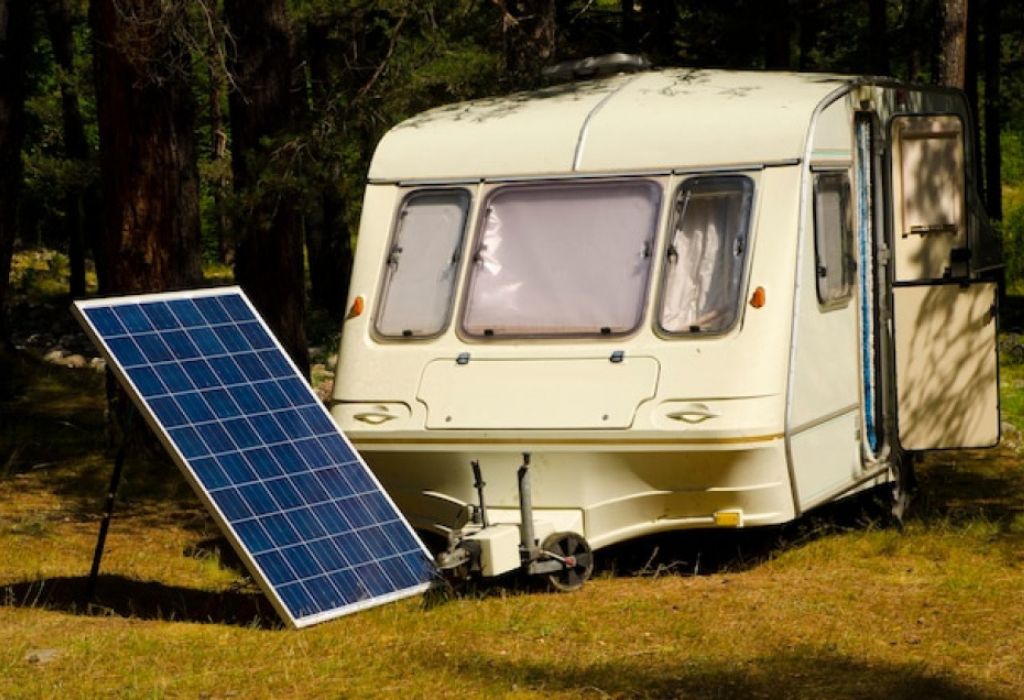
RV batteries come in several types, including flooded lead-acid, AGM (absorbed glass mat), and lithium, and each one requires different charging parameters to stay healthy.
Solar panels, on the other hand, produce variable voltage and current depending on how much sunlight is hitting them, which makes them unpredictable when connected without regulation.
When solar output exceeds the safe charging range of a battery, it can cause internal heating and reduce the number of charge cycles the battery can handle.
Conversely, if the panel produces too little current, the battery will take an excessively long time to charge or may never reach full capacity.
The sensitivity of batteries to voltage fluctuations is the reason why most RV setups include a solar charge controller between the panel and the battery.
This small but critical device ensures that the energy delivered is within the correct voltage and amperage range.
Can solar panels power RV batteries directly?
Yes, but only in limited cases such as very small trickle chargers.
Why is direct connection risky?
Because solar voltage often exceeds what RV batteries can safely handle.
Do all batteries react the same way?
No, lithium batteries tolerate fluctuations better than lead-acid but still require regulation.
What does solar voltage mean?
It refers to the variable output generated by a solar panel under sunlight.
Is RV battery charging sensitive?
Yes, batteries need stable voltage and controlled charging to last.
What Happens If You Connect Solar Panels Directly
Solar panels designed for RV or residential use typically output between 18 and 22 volts in full sun, which is significantly higher than the safe charging range for a 12V RV battery.
When connected directly, this mismatch can quickly cause the battery to overheat, release gases, or lose electrolyte fluid.
Lead-acid batteries are particularly vulnerable to overcharging because once they reach full capacity, any extra current breaks down the electrolyte and produces dangerous hydrogen gas.
Lithium batteries may shut down temporarily due to built-in protection circuits, but repeated overvoltage stresses the cells and reduces lifespan.
Even if immediate damage does not occur, the long-term result of direct connection is usually a battery that fails prematurely.
Owners then face costly replacements and frustration from unreliable performance.
The only time direct connection is somewhat safe is when using very small trickle-charge panels under 5 watts.
These panels deliver such a small current that they cannot overcharge a battery under normal conditions.
Can direct solar connection damage a battery?
Yes, by delivering too much voltage and current.
What voltage is safe for batteries?
Generally between 12V and 14.4V for 12V RV batteries.
Do small solar panels work directly?
Yes, but only low-watt trickle chargers are safe.
Will it shorten battery life?
Yes, uncontrolled charging significantly reduces lifespan.
Is it safe for lithium batteries?
Less risky than lead-acid, but still not recommended.
The Role of a Solar Charge Controller
A solar charge controller sits between the panel and the battery, regulating the flow of energy to prevent overcharging and excessive current.
Without this device, the battery receives raw solar output, which fluctuates too much to be safe.
There are two main types of controllers: PWM (Pulse Width Modulation) and MPPT (Maximum Power Point Tracking).
PWM controllers are cheaper and work well for small setups, while MPPT controllers are more efficient and extract maximum power, especially in cloudy conditions.
Controllers also stop reverse current, which prevents batteries from discharging back into solar panels at night.
This function alone can save batteries from unnecessary drain and wasted capacity.
Most RV solar kits include a controller because manufacturers recognize that safe charging cannot happen without one.
Skipping this step risks not only the battery but also the rest of the RV’s electrical system.
What is a solar charge controller?
It is a device that regulates solar energy before it enters the battery.
Do I always need one?
Yes, except for very small trickle panels under 5W.
Which type is better?
MPPT is more efficient, though PWM is more affordable.
Can it extend battery life?
Yes, by preventing damage from overcharging.
Do RV solar kits include one?
Yes, most modern kits come with a controller.
Safe Ways to Connect Solar Panels to RV Batteries
The safest method is to connect solar panels to a charge controller first and then connect the controller to the RV battery.
This ensures energy is regulated before it reaches the sensitive battery cells.
Always size the charge controller to match the wattage and voltage of your solar panel array.
Undersized controllers cannot handle high current, which leads to overheating and equipment failure.
Use proper gauge wiring for the distance between your panels and batteries.
Thicker wires reduce resistance and prevent dangerous voltage drops.
Install fuses or circuit breakers for additional protection.
These safety devices stop excessive current from damaging your RV system.
What’s the safest method?
Always use a solar charge controller between the panel and battery.
Can I install it myself?
Yes, if you follow instructions and use correct wiring.
Do I need special wiring?
Yes, use wires thick enough to handle the current.
Should I test voltage first?
Yes, check with a multimeter before final connections.
Can one controller manage multiple panels?
Yes, if it is sized correctly for the system.
Common Mistakes to Avoid
One of the most common mistakes is connecting large solar panels directly to RV batteries.
This causes overvoltage and damages the battery quickly.
Another mistake is ignoring the specific needs of different battery types.
Lithium, AGM, and lead-acid all have different charging profiles.
Many RV owners also use undersized wires that cannot handle the current.
Thin wires heat up and pose fire risks.
Finally, some owners forget to disconnect panels when storing their RV for long periods.
Even slow overcharging can damage batteries if left unchecked.
What’s the biggest mistake RV owners make?
Connecting solar panels directly without a controller.
Can undersized wires be dangerous?
Yes, they can overheat and cause fires.
Do all batteries need protection?
Yes, regardless of chemistry.
Should I disconnect panels in storage?
Yes, to prevent slow overcharging.
Can cheap solar kits be unsafe?
Yes, if they lack controllers and proper wiring.
Benefits of Using Solar Power for RV Batteries
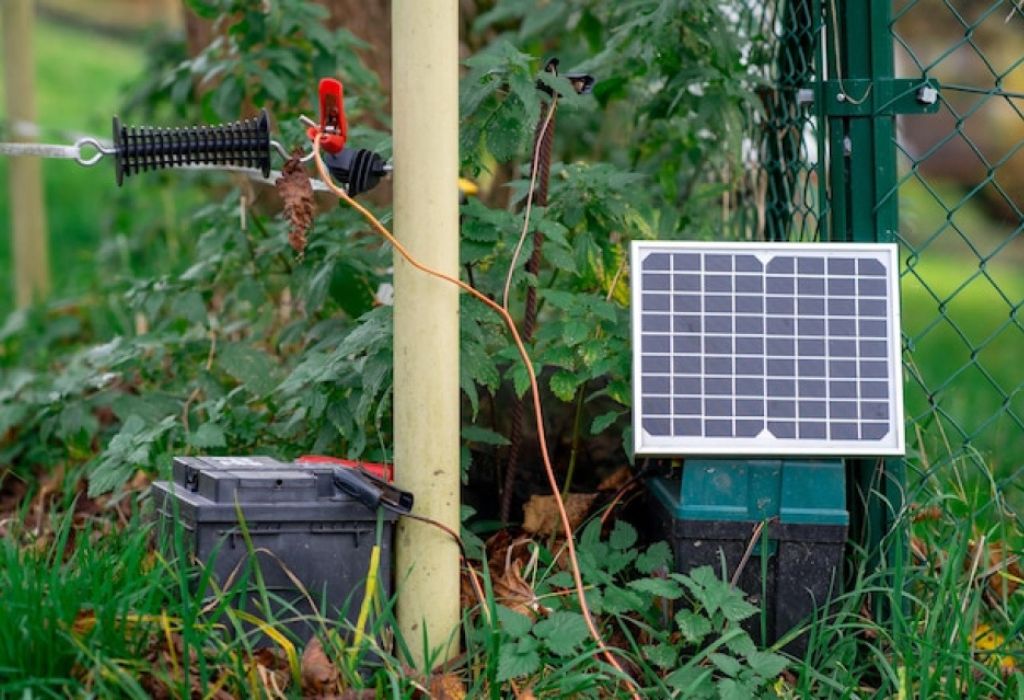
Solar power is one of the most eco-friendly ways to keep RV batteries charged.
It allows campers to stay off-grid without relying on noisy generators.
The energy produced is renewable and free, reducing long-term costs.
RVers save money on fuel, campground hookups, and generator maintenance.
Solar systems also extend battery life by providing steady charging.
This reduces the number of deep discharges that wear batteries down.
Solar power is silent and produces no fumes, making camping more enjoyable.
It provides a clean, sustainable way to travel.
Why use solar for RVs?
Because it provides renewable, clean energy.
Does it save money?
Yes, by reducing fuel and hookup costs.
Can I camp off-grid longer?
Yes, solar extends battery runtime.
Is solar noisy?
No, it is completely silent.
Does it harm the environment?
No, it is eco-friendly and sustainable.
Future of Solar Integration in RVs
Lithium batteries are becoming more popular in RVs because they charge faster and last longer.
They pair well with modern solar systems.
Smart charge controllers with Bluetooth and app integration are now common.
They allow RV owners to monitor battery health from their phones.
Flexible solar panels are also on the rise.
They fit irregular RV surfaces and provide more options for installation.
More RV manufacturers are offering solar as a factory-installed option.
This trend shows that solar is becoming mainstream in RV design.
Will RV solar get easier?
Yes, new plug-and-play systems simplify setup.
Are lithium batteries better for solar?
Yes, they are lighter and more efficient.
Will controllers get smarter?
Yes, many already have app-based monitoring.
Are flexible panels reliable?
Yes, they are durable and space-efficient.
Will future RVs include solar?
Yes, many brands now offer it as a standard feature.
Conclusion
While it may seem tempting to connect a solar panel directly to an RV battery, this practice is rarely safe and often shortens battery life.
The correct way is to always use a solar charge controller to regulate power flow.
Direct connections are only suitable for very small trickle panels under 5 watts.
For anything larger, a controller is essential to prevent overcharging and damage.
By using the proper setup with correct wiring and fuses, RV owners can enjoy the benefits of solar power safely.
This allows longer off-grid trips, lower costs, and reliable energy.
With solar adoption growing rapidly, investing in a safe system ensures your RV stays powered for years to come.
Responsible setup not only protects your battery but also enhances your entire camping experience.
I’m David R. Coleman, the founder, lead writer, and lifelong tool enthusiast behind GarageToolPro.com. With years of experience in automotive repair, woodworking, and home DIY projects, I created this platform to share practical tips, detailed tool reviews, and step-by-step guides that help mechanics, hobbyists, and homeowners get the job done right the first time.
